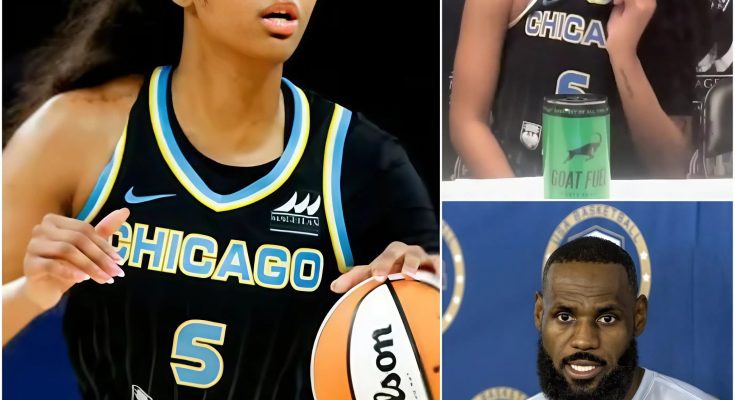LeBron James, one of the greatest icons in basketball history, has thrown his full support behind Angel Reese after her startling revelation about WNBA salaries. Reese, a rising star with the Chicago Sky, revealed that her $73,000 annual salary in the league is insufficient even to cover her housing expenses, which amounted to nearly $96,000 last year. “I’m paying to play,” Reese declared—a powerful statement that exposed the financial reality many WNBA players face.
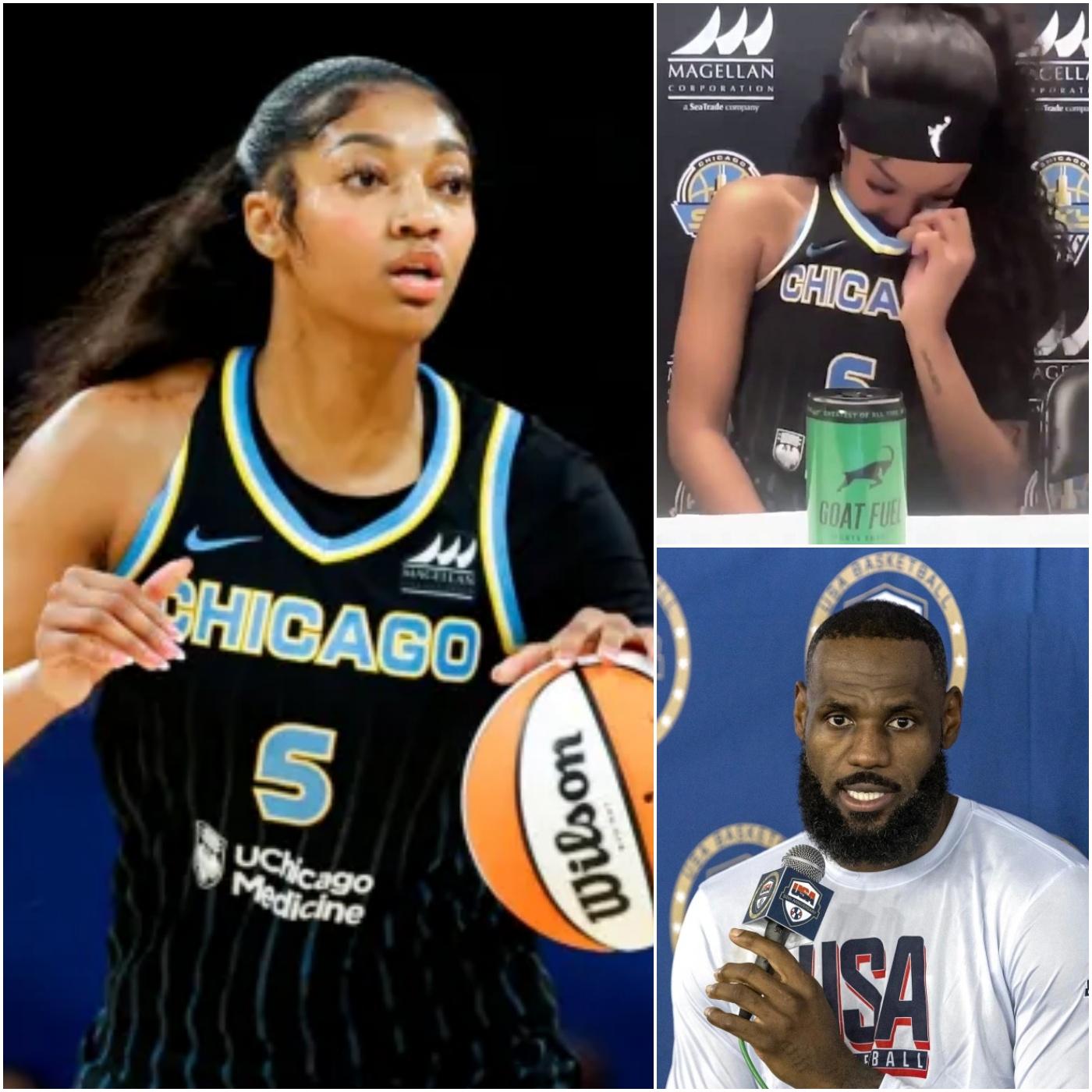
Reese’s candid admission struck a chord across the sports community. For many WNBA athletes, the gap between earnings and living expenses is a daily struggle. Players often take offseason jobs, run personal training sessions, or launch ventures to make ends meet. Reese’s revelation turned the spotlight onto these hidden financial pressures, prompting a wave of responses from fans, fellow athletes, and sports commentators.
When asked for his view, LeBron James—who has consistently used his platform to advocate for equality—did not hold back. He praised Reese for her bravery in speaking out and emphasized that such disparities are unacceptable. James pointed out that while NBA stars earn millions each season, their WNBA counterparts earn a tiny fraction in comparison and yet dedicate the same effort, time, and passion for the game.
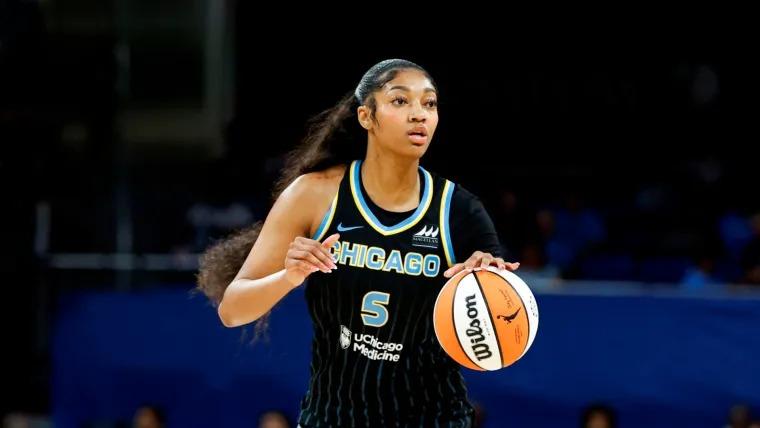
The debate gained further momentum at the WNBA All-Star game, where Reese, along with other players, wore T-shirts bearing the slogan “Pay Us What You Owe Us.” This statement was a powerful visual protest that quickly went viral. Fans and media alike responded with shock, empathy, and calls for reform, with James leading the cry for meaningful change in women’s basketball.
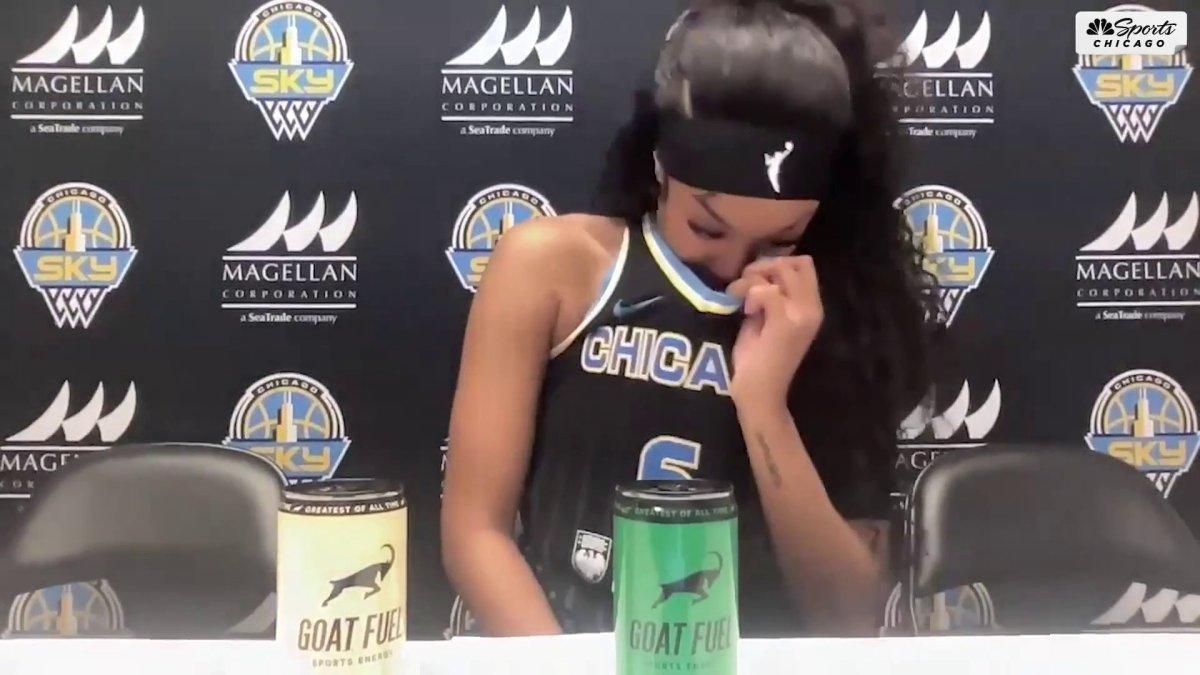
Critics have for years pointed to the financial imbalance in professional basketball. With NBA players receiving up to 50% of revenue shares, WNBA players are typically allocated just 20–25%. This stark contrast has real-world consequences: restricted housing options, limited access to nutrition and recovery resources, and the need for offseason work. Reese’s disclosure brought these issues to the forefront of public conversation.
Reese’s position also sparked internal discussions within league leadership. Executives are now under increased pressure to revise the existing compensation models—reexamining revenue splits, negotiating higher minimum salaries, and improving benefits like housing stipends, healthcare coverage, and travel accommodations. LeBron’s endorsement has only amplified the momentum, drawing attention and adding weight to calls for systemic reform.
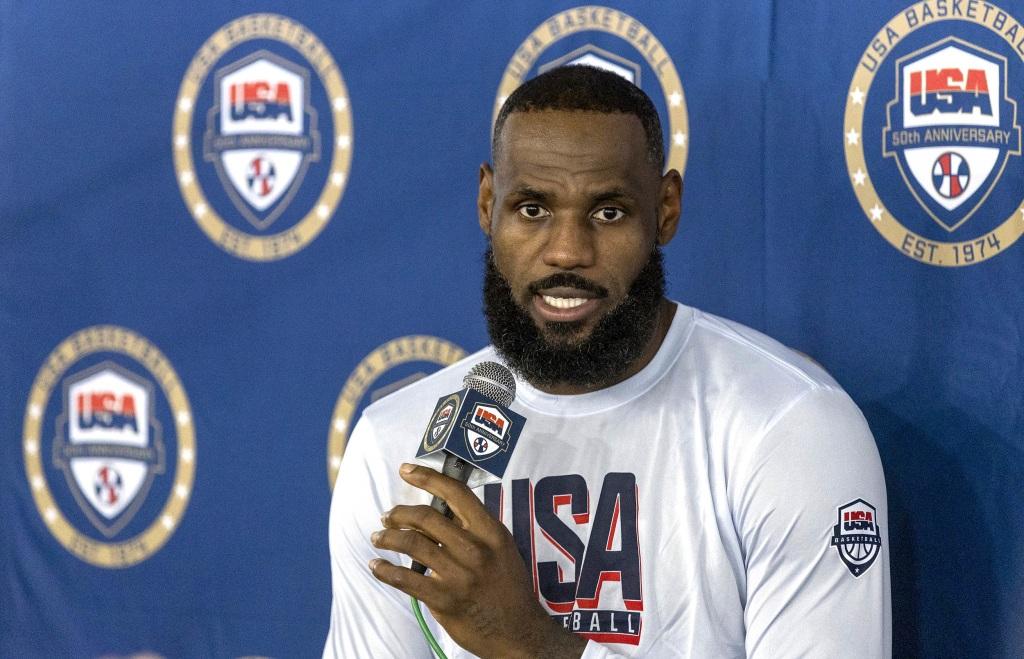
As discussions continue, Reese remains focused on her career and the broader impact of her message. Her willingness to speak out has won her praise from fans who admire her courage, along with support from those calling for leap-forward change in women’s sports. LeBron’s backing, meanwhile, underscores the importance of solidarity across basketball, bridging gaps and fostering unity.
Whether this moment leads to immediate policy shifts or lingers as a rallying cry, one thing is undeniable: Angel Reese and LeBron James have ignited an essential conversation about fairness and recognition in basketball. In revealing her financial truth, Reese has become a voice for her peers, and in amplifying hers, LeBron has positioned himself as a champion for gender equity in sports. The reverberations from their alliance could mark a turning point in how women athletes are valued and compensated—raising expectations not just for salaries, but for respect and opportunity in the world of professional sports.
